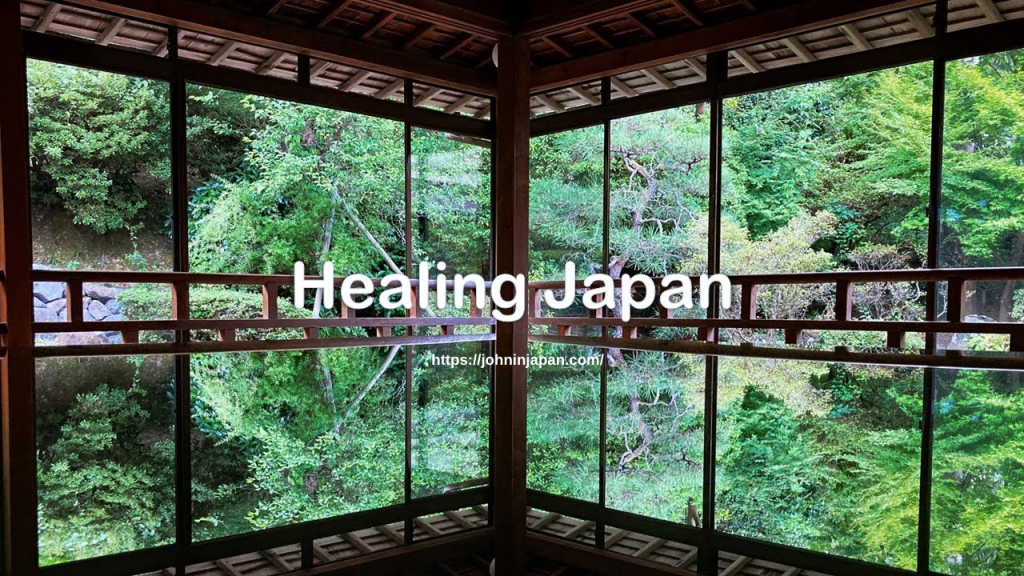
The path to recovery is never one-size-fits-all. For Canadians seeking addiction recovery and mental health treatment, clinical programs at home provide crucial structure and support. Yet many individuals find themselves searching for something more: an approach that nurtures not just the symptoms but the whole self. Increasingly, Canadians are turning to Japan, where centuries-old healing traditions are helping people build resilience, restore balance, and rediscover purpose. This connection has created a wellness bridge, linking Canadian care with Japanese holistic practices in ways that are transforming lives.
Why Canadians Look to Japan for Recovery Support
Addiction and mental health challenges often leave individuals feeling disconnected from themselves and others. While evidence-based treatments in Canada offer stability through inpatient and outpatient care, healing can be enhanced by practices that connect mind, body, and spirit. Japan has become a meaningful destination because its culture emphasizes balance, mindfulness, and harmony with nature. For Canadians seeking emotional renewal, this environment offers both a change of pace and a new way to approach recovery.
Japanese Healing Traditions That Complement Recovery
Zen Meditation and Mindful Presence
Meditation has long been a cornerstone of Japanese wellness. Zen practices help individuals quiet racing thoughts, manage cravings, and create a sense of inner calm. For those in recovery, meditation provides practical tools to cope with stress and avoid relapse by strengthening mental clarity and emotional awareness.
The Power of Nature and Forest Bathing
Japan’s practice of shinrin-yoku, or forest bathing, has gained global recognition for its mental health benefits. Walking mindfully through forests reduces stress hormones, improves sleep, and restores energy. For Canadians accustomed to fast-paced lives, slowing down in natural settings provides perspective and grounding during recovery.
Everyday Mindfulness in Japanese Culture
Simple rituals like preparing tea, arranging flowers, or spending time in temple gardens encourage mindfulness in daily life. These practices allow people to focus on the present moment, reducing anxiety and creating a deeper sense of peace. For those healing from addiction, these small but powerful routines help build healthier habits and a more stable mindset.
Building the Wellness Bridge: Canadian and Japanese Approaches Together
Canada’s strengths lie in structured treatment programs, therapy, and medical care. When these are paired with Japan’s holistic methods, individuals experience a more complete path to healing. The combination allows for both professional oversight and personal growth, ensuring recovery is sustainable and meaningful.
Organizations like johninjapan.com understand the importance of this integration. By offering individualized, faith-based, and holistic approaches, they ensure clients receive not only clinical care but also opportunities to embrace practices that strengthen emotional and spiritual health.
A New Pathway Toward Hope and Healing
Recovery is about more than treating addiction or mental health symptoms. It is about rebuilding life, fostering resilience, and finding peace within. By embracing Japan’s healing traditions alongside Canadian care, individuals gain access to a bridge that connects medical expertise with timeless practices for inner balance.
If you or someone you love is struggling with addiction or mental health challenges, there is hope. At johninjapan.com, compassionate professionals are ready to walk with you on a journey that blends proven treatment with holistic wisdom. Reach out today and take the first step across the wellness bridge toward lasting recovery and renewal.